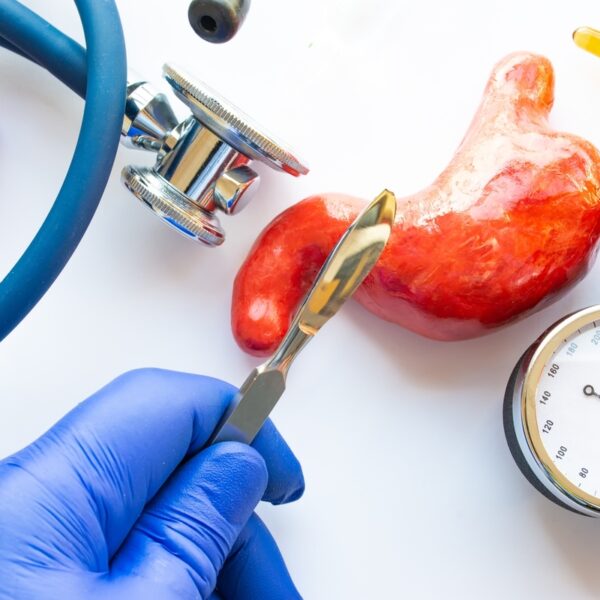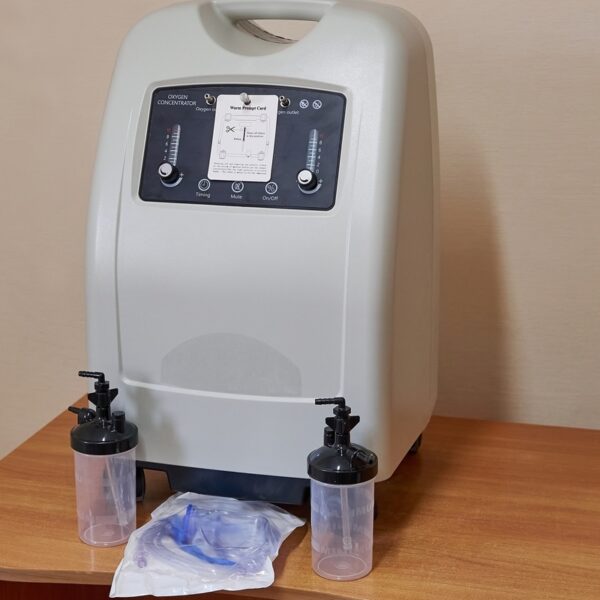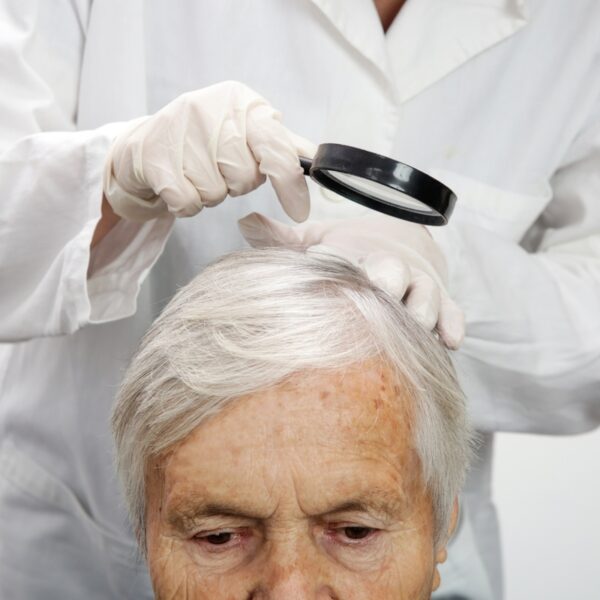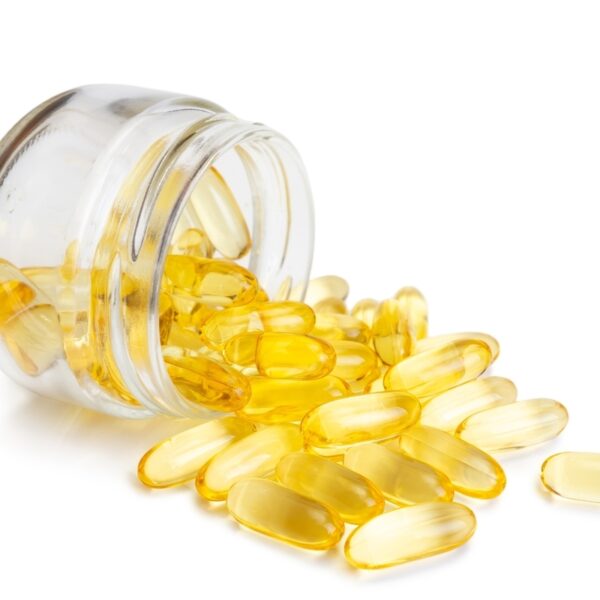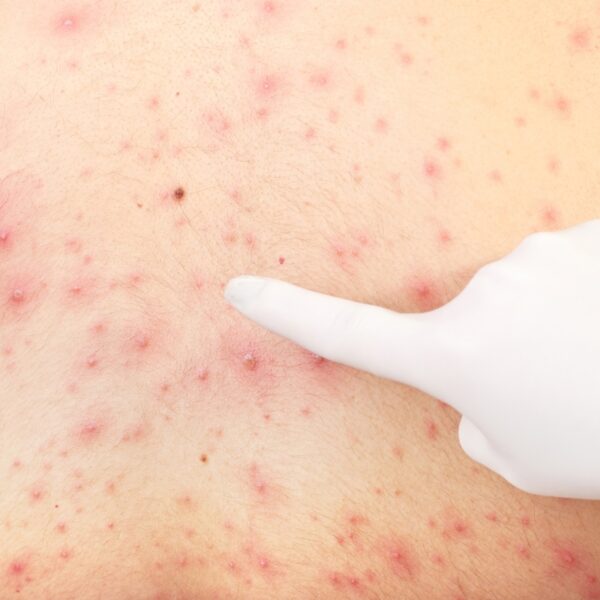
Understanding Liver Cirrhosis Symptoms: A Comprehensive Guide
Liver cirrhosis is a serious condition characterized by the gradual replacement of healthy liver tissue with scar tissue, leading to impaired liver function. This chronic disease can result from various factors, including long-term alcohol abuse, chronic viral hepatitis, and fatty liver disease. Recognizing the symptoms of liver cirrhosis early is crucial for timely intervention and management. This article delves into the common symptoms associated with liver cirrhosis, helping individuals understand and identify potential warning signs. Liver cirrhosis progresses through different stages, and the symptoms can vary depending on the severity of the condition. Here are some of the most common symptoms associated with liver cirrhosis: Fatigue and Weakness : One of the earliest and most common symptoms of liver cirrhosis is persistent fatigue and weakness. As the liver’s ability to process nutrients and toxins diminishes, individuals may feel constantly tired and lack energy. Jaundice : Jaundice is characterized by a yellowing of the skin and eyes. It occurs when the liver is unable to effectively process bilirubin, a byproduct of red blood cell breakdown. Elevated bilirubin levels in the blood lead to this noticeable discoloration. Abdominal Pain and Swelling : Individuals with liver cirrhosis may experience discomfort or pain in the upper right side of the abdomen.
